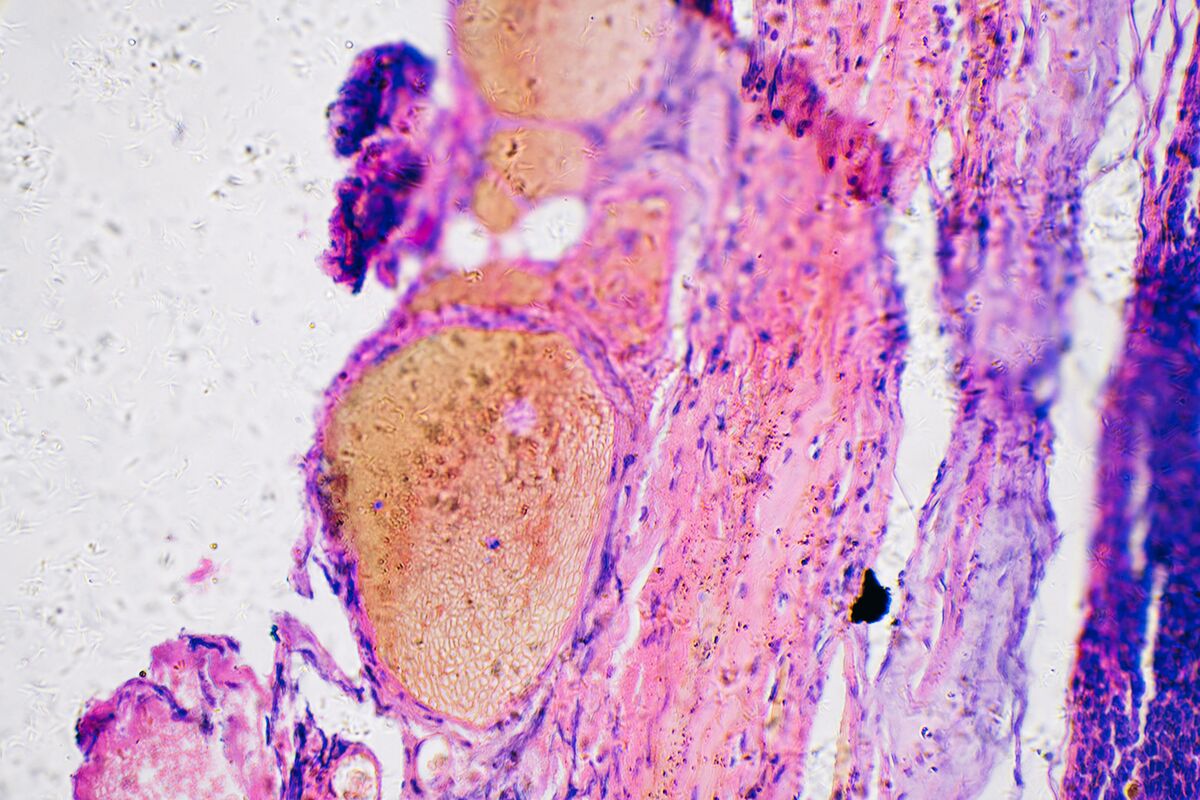In previous studies, it has been proven that Fucoidan has antitumor activity. Additionally, Fucoidan effectively inhibits tyrosinase activity through mixed inhibition. In further research, Fucoidan also has shown a positive effect of suppressing metastasis, including suppression of angiogenesis and proliferation in various cancer cells. Apoptosis may help protect cells and avoid death. Cunha demonstrated that stimulating melanogenesis could prevent cell death in melanoma.
The study established that upregulation of melanogenesis benefits apoptotic melanoma cells and that apoptosis can delay cell death.
Thus, through the study “Effect of fucoidan in B16 murine melanoma cell melanin formation and apoptosis” by Zhi-Jiang Wang et al., I would like to inform you that Fucoidan is a complex sulfated polysaccharide extracted from wakame seaweed. It is known for a wide variety of physiological activities. In addition to inhibiting cancer cell growth, it inhibits tyrosinase in vitro. As melanoma is an aggressive tumor that expresses the pigmentation enzyme tyrosinase.
Fucoidan is a complex sulfated polysaccharide extracted from wakame seaweed, inhibiting cancer cell growth and tyrosinase in vitro. Further investigating the effect of Fucoidan on B16 mouse melanoma cells has therefore revealed an exciting result, as it may provide new insights into the underlying mechanisms regarding the inhibition of melanogenesis by Fucoidan. The study examined the effects of Fucoidan on B16 melanoma cells and cellular tyrosinase.
First, Cell viability was examined by Cell Count Kit-8 assay. Cellular tyrosinase activity and melanin content were measured using spectrophotometry, and protein expression was analyzed by immunoblotting. Additionally, apoptosis was analyzed by flow cytometry.
The result showed that Fucoidan significantly decreased viable cell numbers in a dose-response manner with an IC50 of 550 ±4.3 μg/mL. And exposure of cells to 550 µg/mL fucoidan for 48 hours altered cell morphology and induced significant apoptosis. (See Figure. 1) They have shown substantial evidence that Fucoidan inhibits B16 melanoma cell proliferation and cellular tyrosinase activity. (See Figure. 2)
The results suggested that Fucoidan increased the apoptosis rate of melanoma cells. However, melanin is beneficial for apoptosis, which may induce cells to modulate the melanogenesis pathway to produce more melanin, leading to the upregulation of tyrosinase expression. An upregulated tyrosinase protein is stimulated to produce more melanin. However, Fucoidan is not only an anti-cancer agent but also a tyrosinase inhibitor. Thus, as per the studies, increasing doses of Fucoidan significantly decreased tyrosinase activity. It indicates that Fucoidan inhibits tyrosinase bioactivity and reduces melanin content.
In conclusion, based on previous studies and the results obtained from this study, the main findings are:
(1) Fucoidan suppressed the proliferation of B16 melanoma cells.
(2) Fucoidan upregulates tyrosinase expression.
Furthermore, Fucoidan also inhibited cellular tyrosinase activity in B16 mouse melanoma, and as previously reported, inhibition of B16 mouse cellular tyrosinase was more potent than inhibition of cell-free mushroom tyrosinase. Fucoidan not only induced melanocyte apoptosis but also efficiently inhibited extracellular tyrosinase.


Source: Afr J Tradit Complement Altern Med. 2017; 14(4): 149–155. doi: 10.21010/ajtcam.v14i4.18
